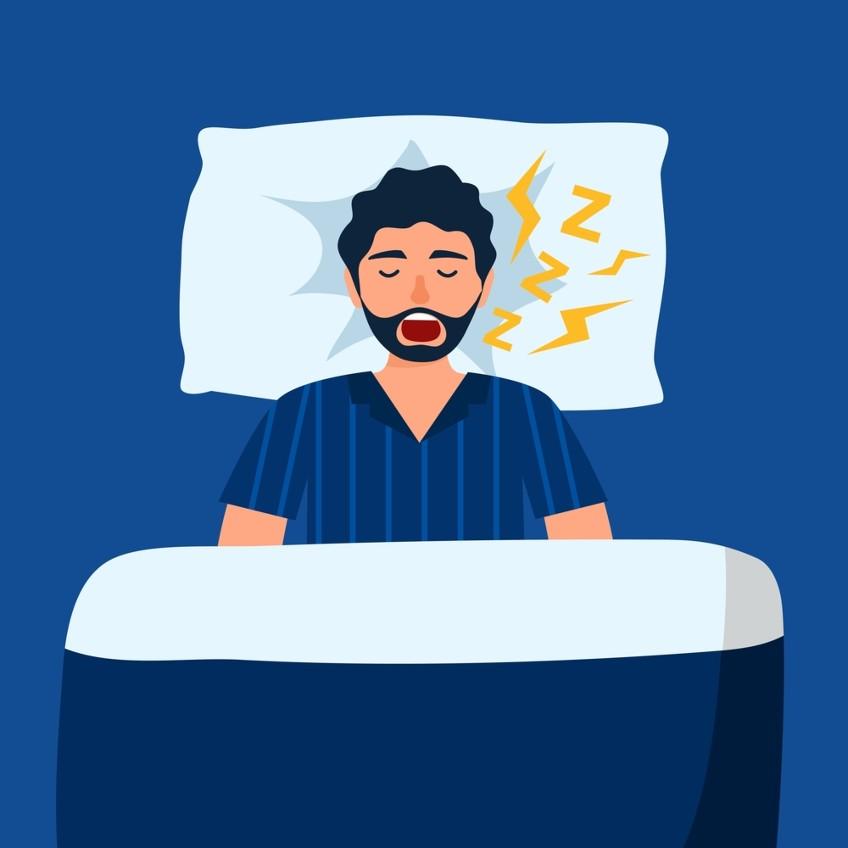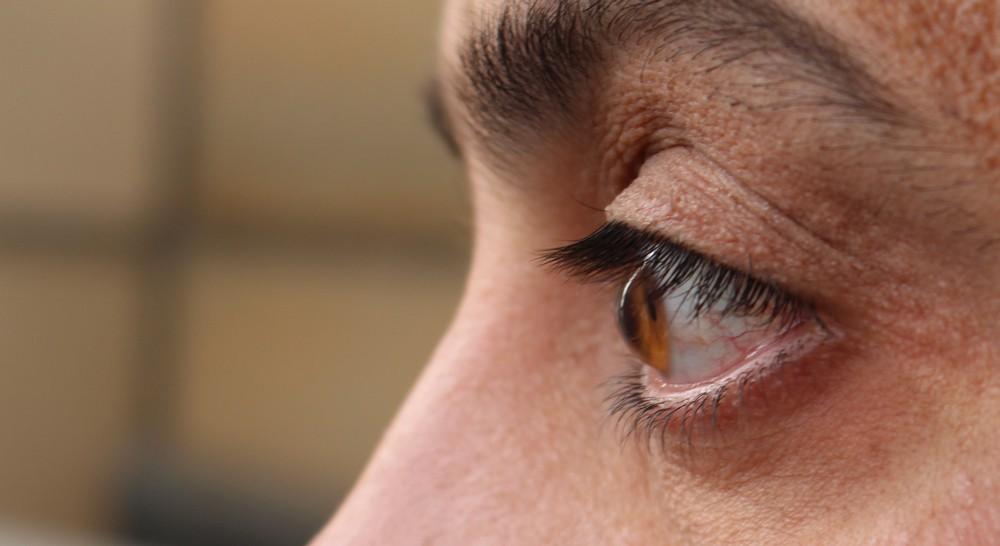
4 minute read
Barnali Kundu, semester IV
Polycystic Ovary Syndrome (PCOS)
Barnali Kundu, semester IV
Advertisement
PCOS also called PCOD (polycystic ovary disease) is a hormonal disorder common among women of reproductive age. Women with PCOS may have infrequent or prolonged menstrual periods or excess male hormone (androgen) levels. The ovaries may develop numerous small collection of fluid (follicles) and fail to regularly release eggs.
Symptoms
Signs and symptoms of PCOS may vary. The most common symptoms of PCOS include: • Irregular (or no) period – The lack of ovulation prevents the lining of the uterus from shedding every month. While some women might have fewer than 8 periods a year, some don't get their period at all.
• Heavy bleeding at the time of menstruation – Since the lining of the uterus takes longer than usual to build up, it is likely that you will have heavier bleeding than normal. • Excess androgen – Due elevated male hormones, females with PCOS tend to have excess hair growth on their face and body condition known as hirsutism and occasionally severe acne and male pattern baldness occur. • Polycystic ovaries – The ovaries might be enlarged and contain follicles that surround the eggs. As a result, the ovaries might fail to function regularly. • Weight gain – This is one of the most common symptoms of PCOS. Over 80% of women who have PCOS are overweight or obese. • There are many hormonal changes that happen to women who suffer from
PCOS which can trigger headache. Also, hair loss, skin darkening are the common symptoms.

What are the main causes of PCOS?
The exact cause of PCOS is unknown. Factors that might play a role include: • Excess insulin – Insulin is the hormone produced in the pancreas that allows cells to use sugar, body's primary energy supply. If the cells become resistant to the action of insulin, then the blood sugar levels can rise and body might produce more insulin. Excess insulin might increase androgen production, causing difficulty with ovulation.
• Excess androgen production – High androgen levels prevent the ovaries from releasing eggs, which causes irregular menstrual cycles. Irregular ovulation can also cause small, fluid-filled sacs to develop in the ovaries. • Heredity – Women with PCOS show certain genetic correlation. • Low-grade inflammation – As per the recent study, females with PCOS are having low-grade inflammation that causes increased levels of androgen production which can lead to blood vessels or heart problems.
Complications
Having higher than normal androgen levels can affect the health. These are the complications of PCOS or PCOD problems that require medical attention: • Infertility • Abnormal uterine bleeding • Gestational diabetes or pregnancy- induced high blood pressure • Miscarriage or premature birth • Type 2 diabetes • Cancer of the uterine lining (endometrial cancer) • Sleep apnea • Metabolic syndrome (high blood sugar, heart disease, stroke) • Depression, anxiety and eating disorders
Diagnosis
There is no specific test to definitively diagnose PCOS. The gynaecologist might recommend: ➢ A pelvic exam – The doctor visually and manually inspects the patients reproductive organs for masses, growths or other abnormalities.
➢ Blood tests – The individuals’ blood may be analysed to measure hormone levels. The might have additional blood testing to measure glucose tolerance and fasting cholesterol and triglyceride levels. ➢ Ultrasound – This test uses sound waves and a computer to create images of blood vessels, tissues and organs. This test is used to look at the size of the ovaries and see if they have cysts. The test can also look at the thickness of the lining of the uterus.
How is PCOS treated
Treatment for PCOS or PCOD depends on a number of factors. These may include your age, how severe your symptoms are and your overall health. ✔ Metformin – Metformin (glucophage, fortamet) is a drug used to treat type 2 diabetes. It also treats PCOS by improving insulin levels. ✔ Clomiphene – Clomiphene is a fertility drug that can help women with
PCOS get pregnant. ✔ Surgery – Surgery can be an option to improve fertility if other treatments don't work.
Lifestyle modification
✔ Maintaining body weight – If anyone is suffering from PCOD, then her first task is to reduce her Body Mass Index (BMI). BMI ranges from 18.5-24.9 considered as ideal and healthy for females. Weight loss can reduce insulin and androgen levels and may restore ovulation. ✔ Diet – Low-fat, high-carbohydrate diets might increase insulin levels. Eat fish, meat, eggs, vegetables and natural fats (like sunflower seeds, pumpkin seeds etc.) and avoid sugar and starchy foods (like potatoes, rice, bread etc). ✔ Do regular exercise and be active – Exercise helps lower blood sugar levels. If one has PCOD or PCOS, increasing the daily activities that prevent
insulin resistance, keep the weight under control and avoid developing diabetes.

References:
• Polycystic Ovary Syndrome: Symptoms, Causes, & Treatment by Stephanie Watson • Polycystic ovary syndrome (PCOS) by Mayo clinic • PCOD and PCOS: Causes, Symptoms, Differences and Treatment by Pace hospitals • Polycystic Ovary Syndrome (PCOS) by Johns Hopkins Medicine







